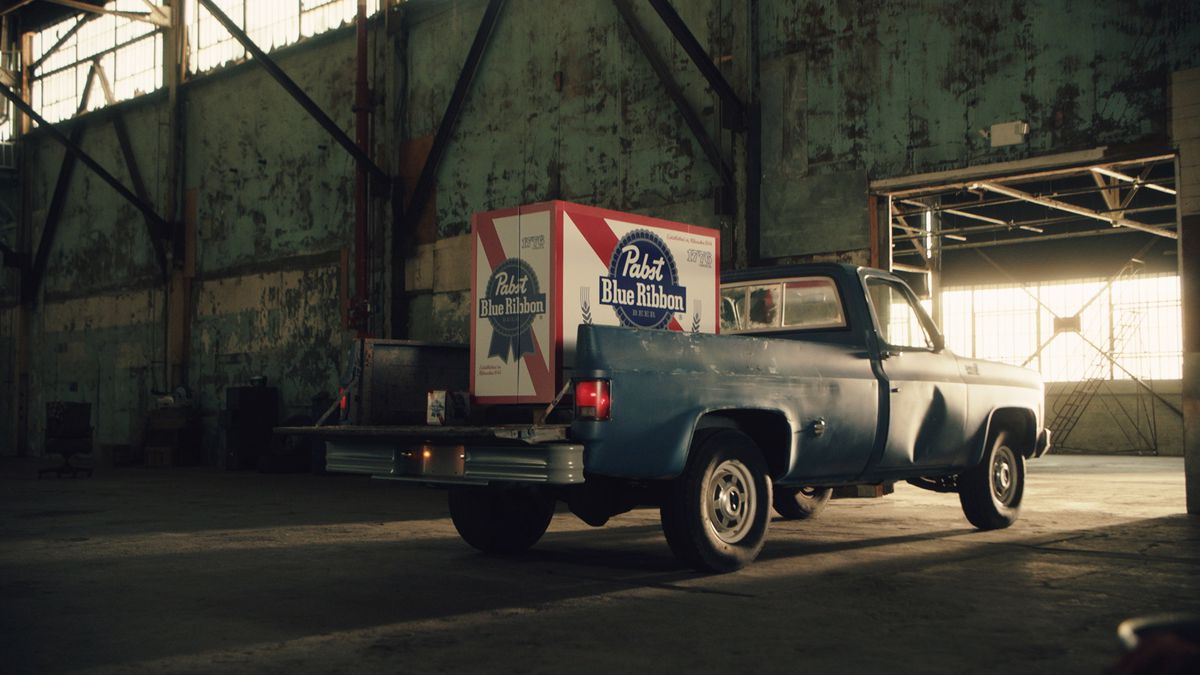On 1 March, a dozen of the world’s leading wine tasters gathered at the University of Bordeaux’s Institute of Vine and Wine Science for the chance to sample a wine unlike any other.
In front of the world’s press, each of them was given two glasses for blind tasting. One contained 30ml of Petrus 2000, which had been stored in a local cellar. The other contained 30ml of the same wine from a bottle that had spent 438 days in space.
The space wine had splash-landed in the Atlantic inside SpaceX’s Dragon capsule on 14 January, having spent 14 months orbiting the earth at 17,000mph on board the International Space Station.

At the tasting, the connoisseurs noted that the liquid had not only survived zero-gravity conditions and almost 180 million miles of travel, but had also developed a different color, aroma and taste from its terrestrial counterpart.
Some said the flavor of the space wine resembled rose petals, and that it smelled like cured leather or a campfire, and shone with a burnt-orange luster.
One of the wine experts even told journalists that it seemed to taste two to three years older than its cellar equivalent. ‘There were more floral aromatics, and the tannins were a bit softer and more evolved,’ she remarked.
Above all, the panel of tasters unanimously considered the space wine to be ‘great’.
The case of Petrus was not sent into space out of mere curiosity. It was the first stage in a six-part experiment led by Space Cargo Unlimited that aims to further our understanding of how organic material adapts to the stresses of changing environments.
Ultimately, the goal is to create new technologies to support agriculture in the face of climate change here on planet Earth.
Grapes were chosen for the first mission because of their sensitivity to small fluctuations in the conditions in which they are stored; and, along with the 12 bottles of wine, 320 vine canes were also sent into orbit.
Remarkably, early indications suggest that the vines grew faster in space, despite limited light and water.
‘Who knows, perhaps this will be the beginning of cosmic viticulture, or even a Martian Merlot’ — specialist Tim Triptree MW
Space Cargo Unlimited did not collaborate with Petrus on the project, and the identity of the wine, which retails for more than $7,000 a bottle, was a closely guarded secret until the tasting.
A spokesperson said the Petrus had been purchased from a broker in Bordeaux and selected because the wine is produced from one grape variety: Merlot.
‘Petrus 2000 is one of the finest wines in the world and ages brilliantly here on Earth,’

says Tim Triptree MW, international director of Wines and Spirits at Christie’s.
‘It was ideal for this study because so many tasting notes already exist for this particular vintage, meaning that any subtle differences could easily be picked up.’
Three of the bottles were used for the sampling, while eight are being kept for further laboratory study to see if science can explain the tasters’ initial reactions.
That might be the key to understanding exactly how wine ages — which still remains something of a mystery.
‘It will be hugely exciting to see the data on how zero gravity, changing temperatures, humidity and radiation have affected the wine on a molecular level,’ says Triptree. ‘And who knows, perhaps this will be the beginning of cosmic viticulture, or even a Martian Merlot.’
The 12th and final bottle is being offered through private sale at Christie’s with an

estimate in the region of $1 million. Needless to say, this is the first time the opportunity to buy space-aged wine has ever arisen.
The exclusive bottle comes in a custom-made ‘celestial chest’ created in a collaboration between the Parisian leather goods manufacturer Les Ateliers Victor and the French street artist Cyril Kongo. It took 900 hours to make by hand.
Inside the trunk there is a moving solar system sculpture, which when perfectly aligned unlocks a vault that contains the space wine along with a regular bottle of Petrus 2000 — making the perfect pair for a home taste test.
In other drawers are a crystal decanter, two crystal glasses and a corkscrew made from a meteorite discovered at the North Pole.
The buyer will not only acquire a unique piece of cosmic history, but will also play a role in furthering the exploration of space. Proceeds from the sale will be used to fund Space Cargo Unlimited’s future projects.
‘Imagine being able to raise a glass of this space wine with your friends the next time the human race achieves something incredible beyond our planet,’ says Triptree. ‘What a toast that would be.’
Source: Christies
May 09, 2021 at 03:20AM
https://ift.tt/3h94fIV
The Cost For This Wine Is "Out Of This World" - South Florida Reporter
https://ift.tt/31lUVcw
Wine

No comments:
Post a Comment